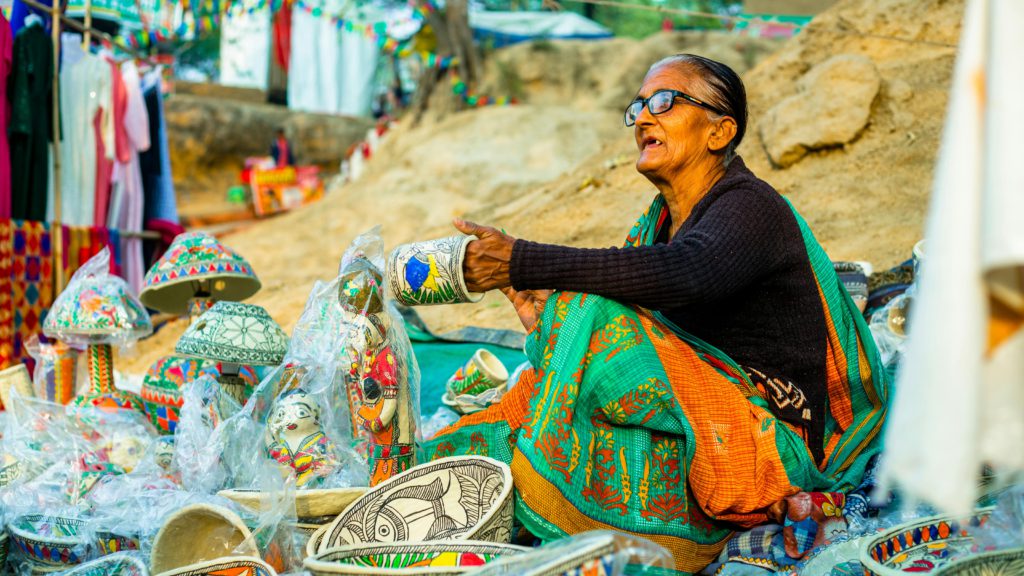In today’s interconnected world, where global supply chains weave together products from different corners of the globe, the concept of fair trade has emerged as a beacon of ethical commerce.

Fair trade represents a movement that seeks to transform international trade practices, ensuring fair wages, safe working conditions, and environmental sustainability for producers in developing countries. Let’s delve deeper into what fair trade truly means. Its principles and its impact on communities worldwide.
What is fair trade?
Fair trade is more than just a label on a product; it’s a philosophy that advocates for equity and justice in trade relationships. At its core, fair trade aims to address the power imbalances inherent in traditional trade systems.
Particularly between producers in developing countries and consumers in more affluent nations. By prioritising social and environmental standards. Fair trade seeks to create a more inclusive and sustainable global economy.
Principles of fair trade
Fair trade operates on several key principles that guide its practices and initiatives:
- Prices that are fair: Producers receive fair compensation for their labour, ensuring that they can cover their production costs and support their families.
- Fair labour conditions: Workers are provided with safe and healthy working conditions. Along with the freedom to organise and collectively bargain.
- Community development: Fair trade initiatives prioritise investments in local communities. Supporting infrastructure projects, healthcare, education, and other social services.
- Environmental sustainability: Producers are encouraged to adopt environmentally friendly farming practices. Minimising the use of harmful chemicals and promoting biodiversity.
- Transparency and accountability: Fair trade organisations maintain transparent supply chains. Allowing consumers to trace the origin of products and verify compliance.
Impact of fair trade
The impact of fair trade extends far beyond economic transactions. By fostering sustainable livelihoods and empowering marginalised producers, fair trade initiatives contribute to poverty reduction. As well as social development in some of the world’s most vulnerable communities. Here are some of the key benefits:
- Poverty alleviation: Fair trade enables small-scale farmers and artisans to earn a decent income Therefore, breaking the cycle of poverty and improving their quality of life.
- Empowerment of marginalised groups: Women, indigenous communities, and other marginalised groups often benefit disproportionately from fair trade. Gaining access to education, healthcare, and opportunities for leadership and decision-making.
- Environmental conservation: Through sustainable farming practices and environmental stewardship, fair trade promotes biodiversity conservation, soil health, and natural resource management.
- Social justice: Fair trade fosters a more equitable distribution of wealth and resources, challenging exploitative labour practices and promoting human rights.
- Consumer awareness: Fair trade raises consumer awareness about the social and environmental impacts of their purchasing decisions, encouraging ethical consumption and conscious consumerism.
The role of consumers
Consumers play a crucial role in driving the growth of fair trade. By choosing to support fair trade products, consumers send a powerful message to businesses and policymakers. Signalling their demand for ethical and sustainable goods.
Fair trade represents a powerful vision for a more just and sustainable global economy. By prioritising the well-being of producers, and community development, fair trade offers a pathway towards a more equitable and prosperous future for all.
As consumers, we have the opportunity to make a difference with every purchase. Supporting fair trade practices and advocating for a world where trade benefits everyone. Not just a privileged few. Together, we can build a more inclusive and sustainable world.






